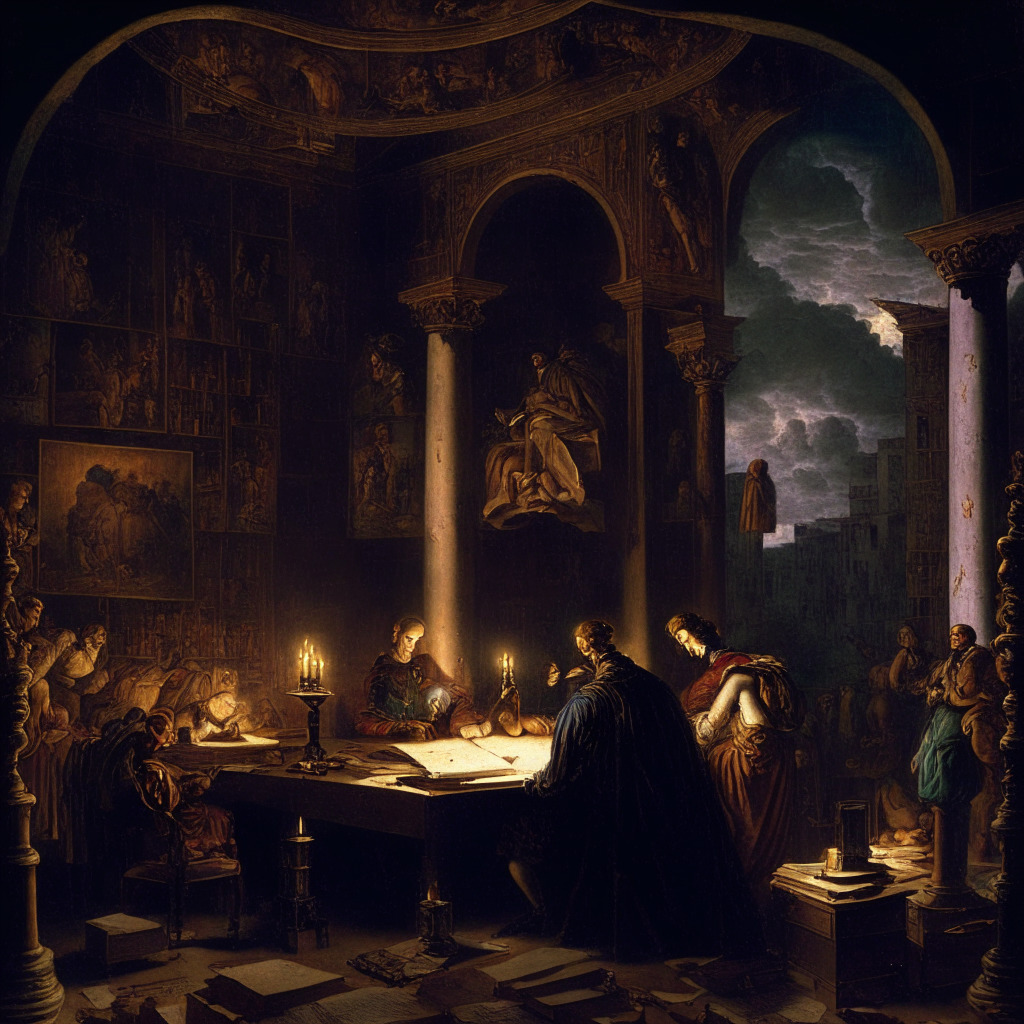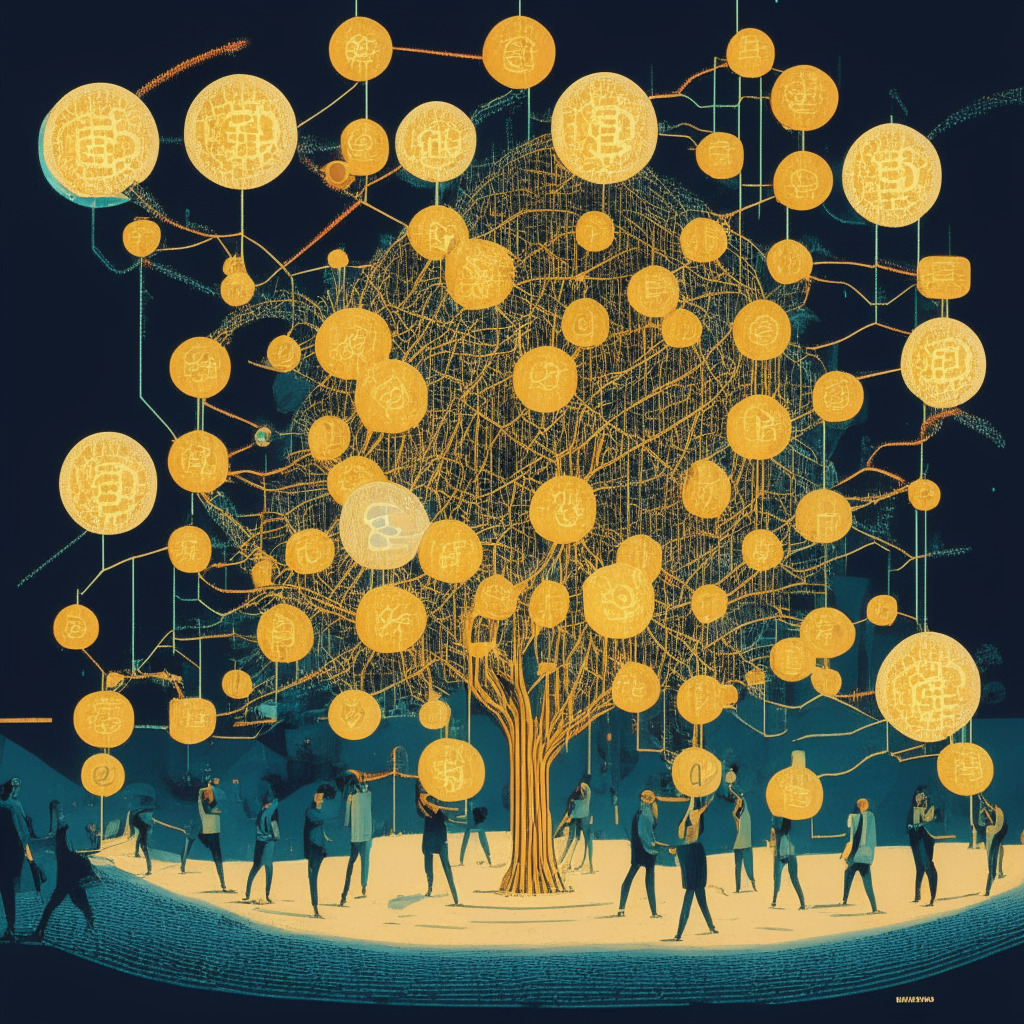Lately, a surge has echoed in the cryptoverse. The name Niccolò Machiavelli, the controversial political theorist who penned, “The Prince”, is being used as a solution to settle the convoluted issue of decentralized governance. Venture capital firm Andreessen Horowitz (a16z) recently made waves in a blog post, as they pointed toward Machiavellian principles as a potential guide for decentralized autonomous organizations (DAOs) to elude power centralization.
Miles Jennings, a16z’s general counsel and head of decentralization, asserts Machiavellian political thought, with its clear-eyed view of power struggles which also rue the cryptosphere, could aid DAOs in facing their current predicament. Machiavelli, known for advocating that the ends could justify the means, even ruthlessness, if it produces stability, might be an unexpected but intriguing source of inspiration for tackling issues of decentralized governance.
Jennings illuminates the problem of organizations gravitating towards autocracy and enlightens that to minimize centralized decision-making, DAOs must shift copious decisions to the client or third-party layer. This move could considerably relax the governance burden for any protocol.
Aside from the balance of power, there’s an urgent need for DAOs to entertain constant opposition, and allow new blood to stir the leadership class. These require creating a churn and showing the doorway to leaders resisting change for self-preservation. However, Jennings notes that the financial barriers inherent in a token-based voting system often restrict community members from gaining power.
The last piece of the puzzle is adopting lockup mechanisms for holders participating in stakeholder councils. Despite the striking pull of DAOs offering censorship reduction and liberty promotion, the sense of accountability should be given the proper attention.
Dissent from these principles might further rust the gears of DAOs. For instance, a reliance on non-token based voting systems like proof of personhood doesn’t exactly counter autocracy, as per Jennings. Such systems might buffer DAOs from attacks, but they are unlikely to obliterate autocracy altogether.
The stinging question remains: Can applying a 500-year-old political philosophy really untangle the web of decentralized governance? DAOs, touted as the future of organization, must strike a balance between freedom and control, between chaos and order. Harnessing these principles might indeed be a step towards that elusive balance. To quote Jennings, “By incentivizing competition, empowering rivals, and utilizing non-token based voting, DAOs can help accelerate this cycle.”
Yet, despite the headiness of the Machiavellian approach, it’s important to remember that his writings are not a panacea, but rather a tool that DAOs could utilize in this breeding ground of innovation. Only time will tell if the last laugh will indeed be of the DAOs benefitting from applying Machiavellian capitals to their governance model. After all, the winds of an ever-evolving cryptosphere are as volatile as they are unpredictable.
Source: Cointelegraph




